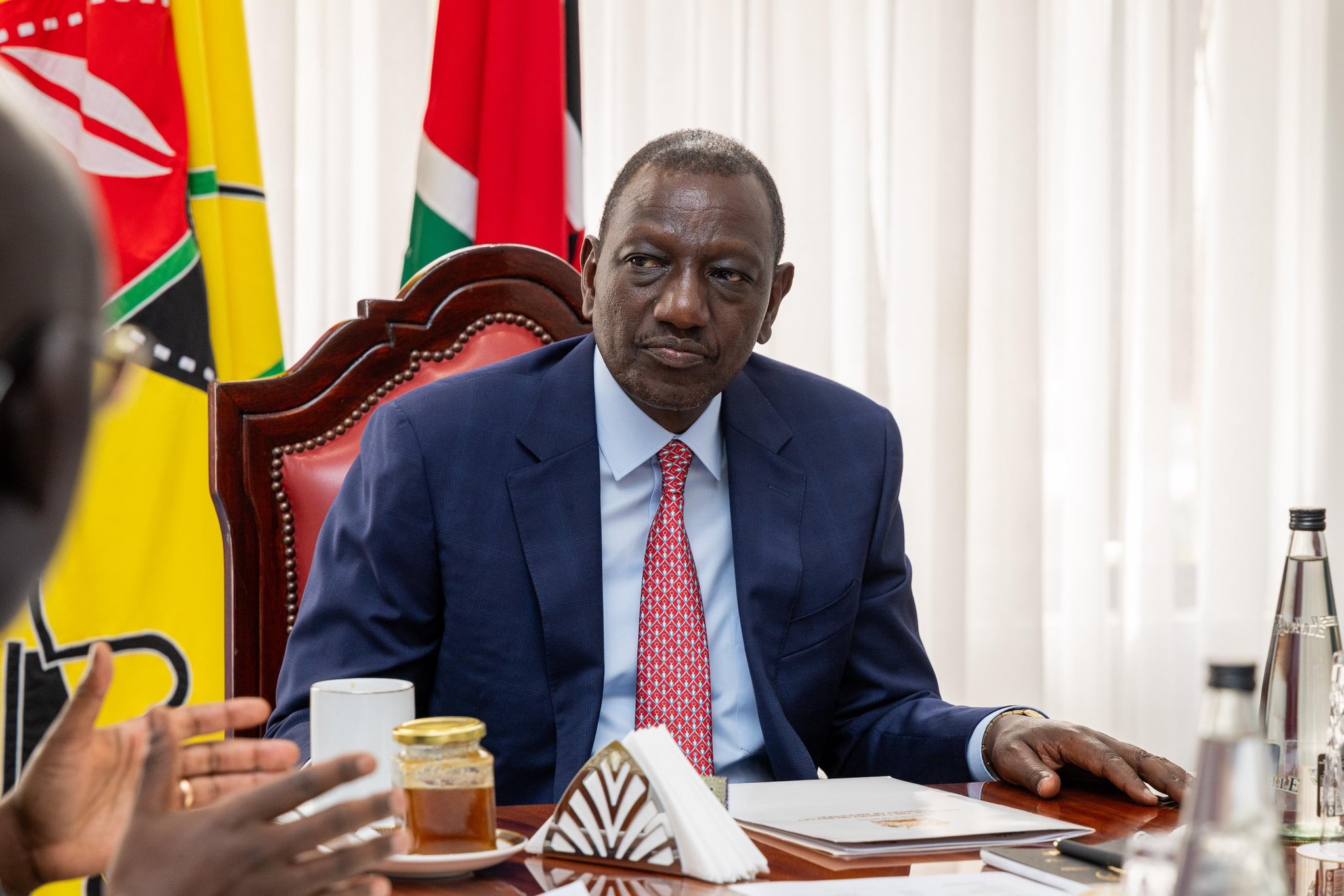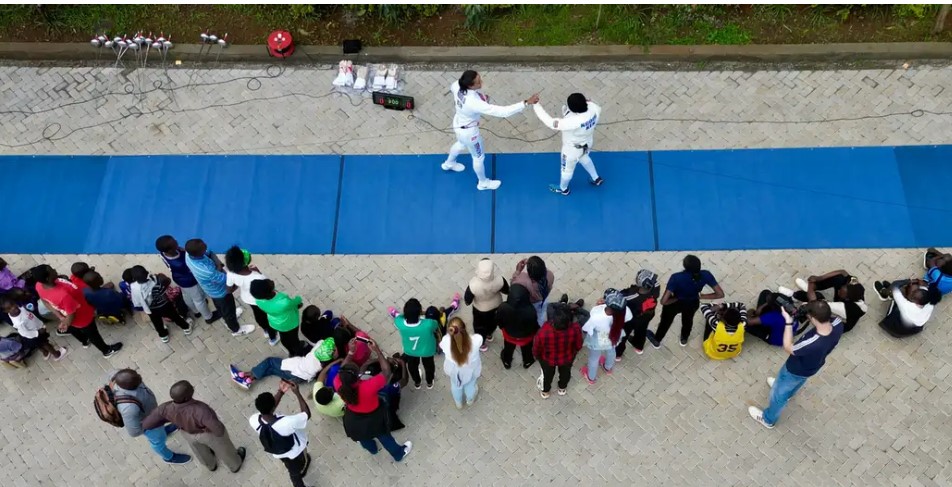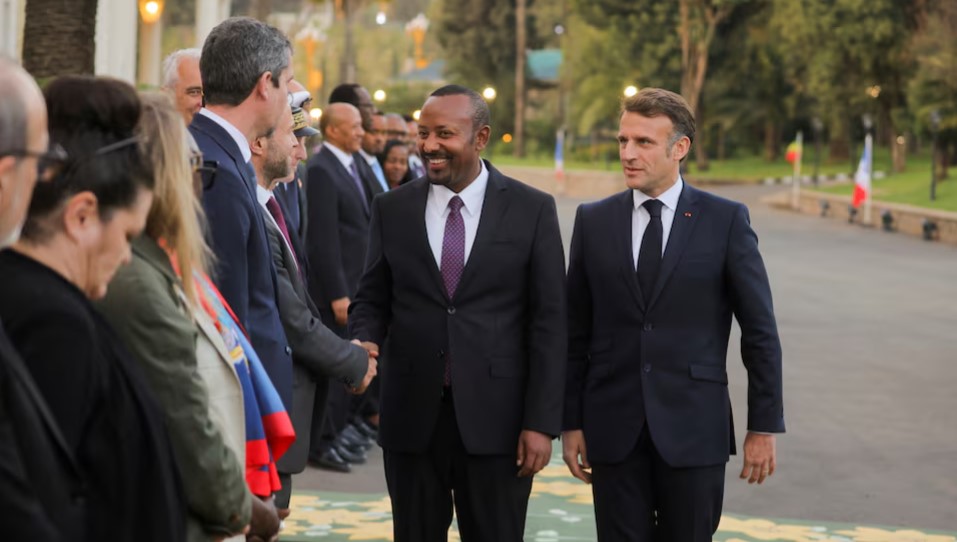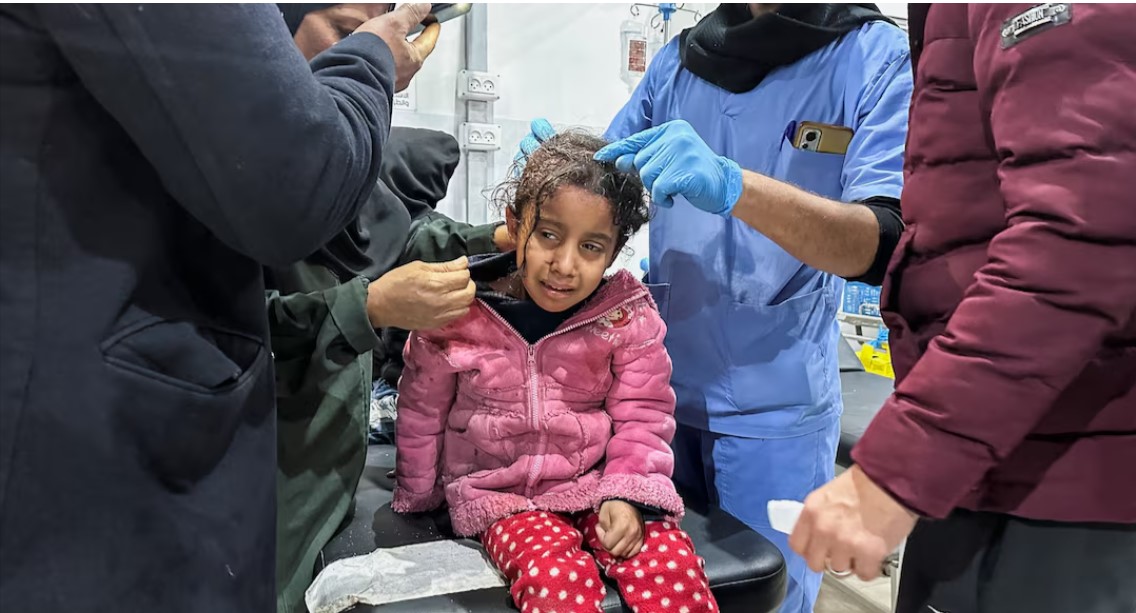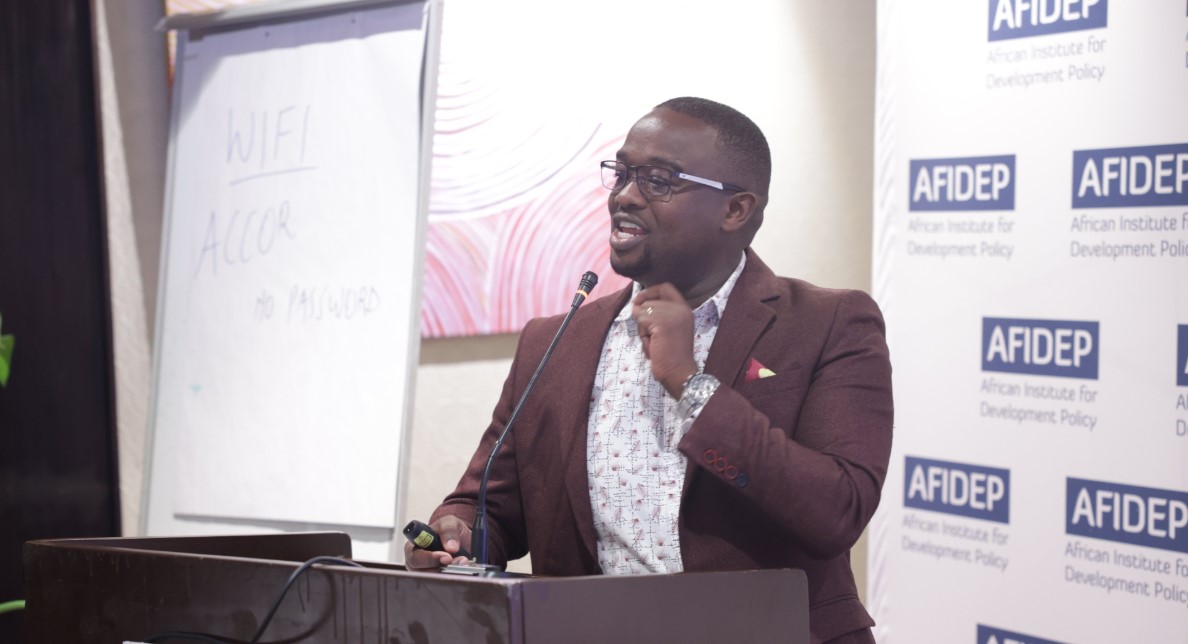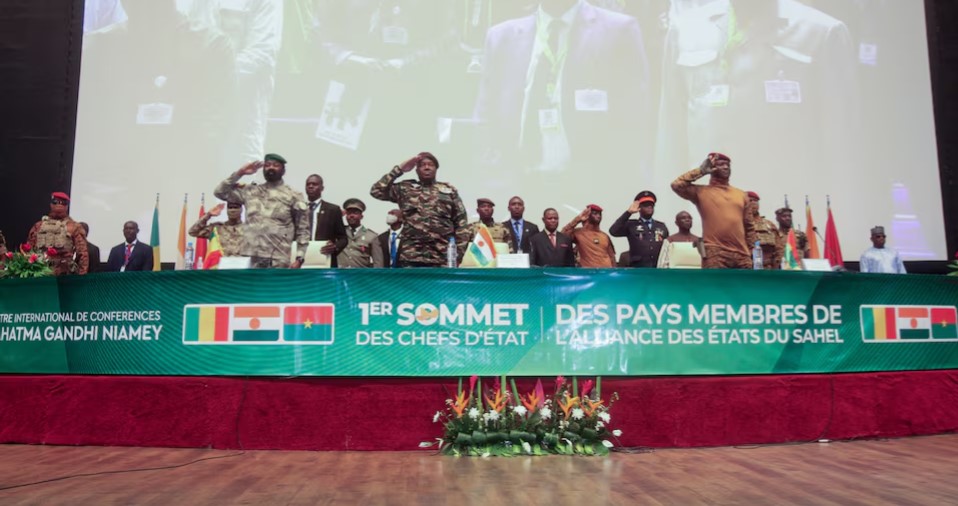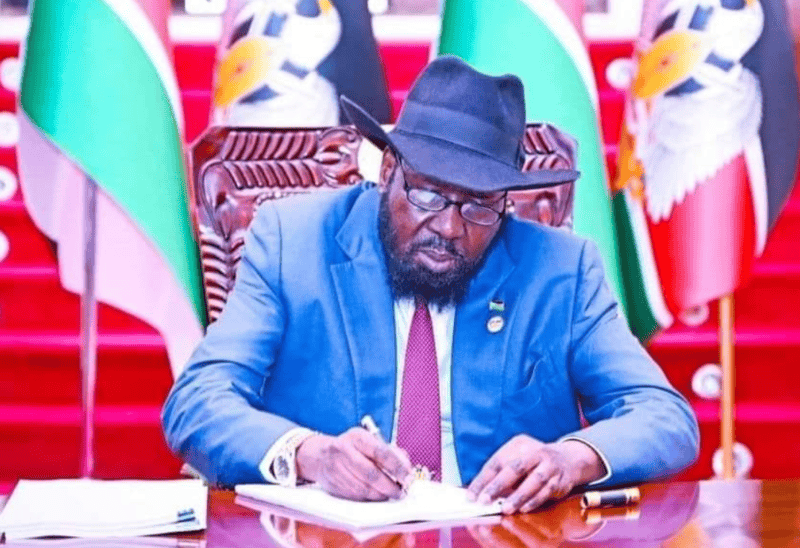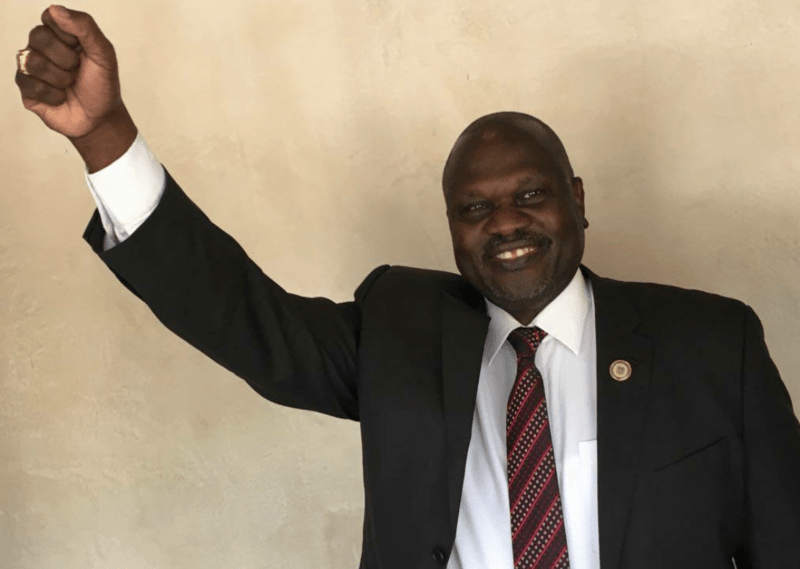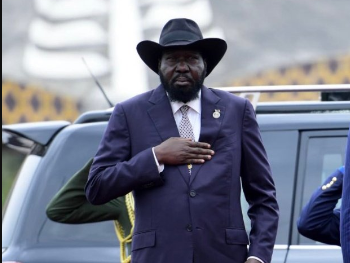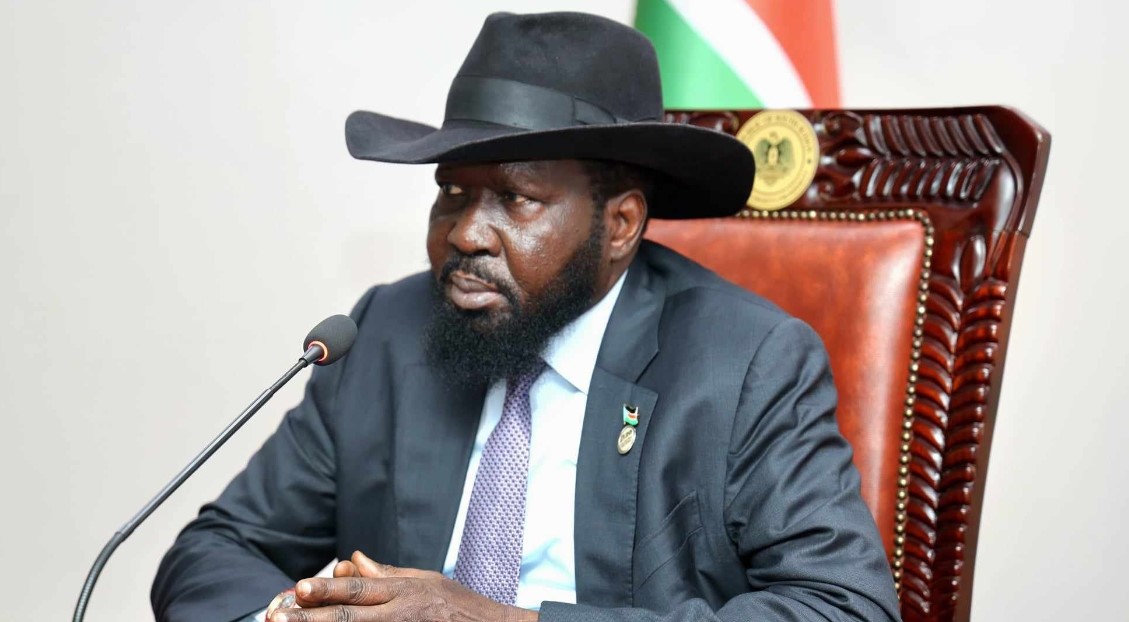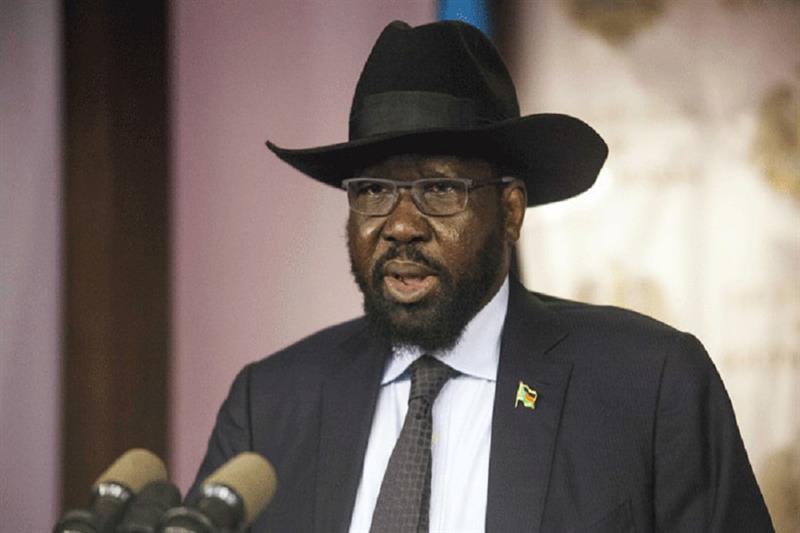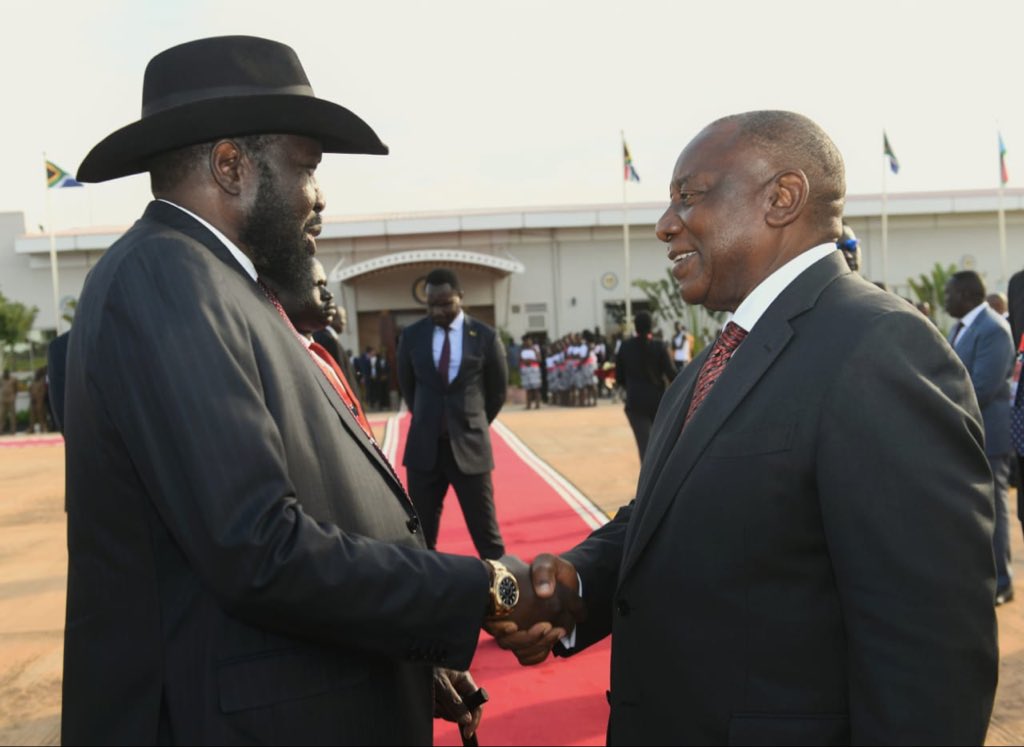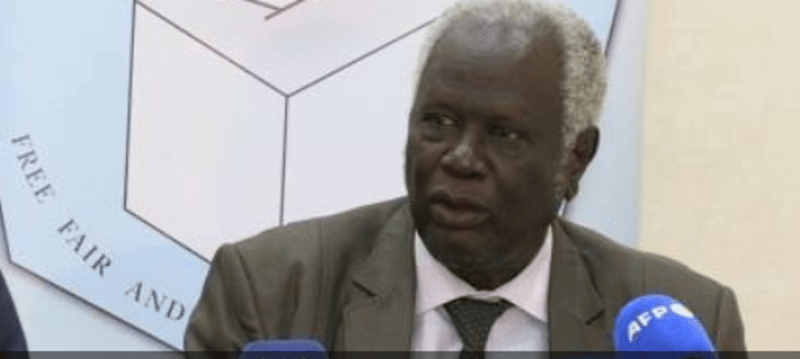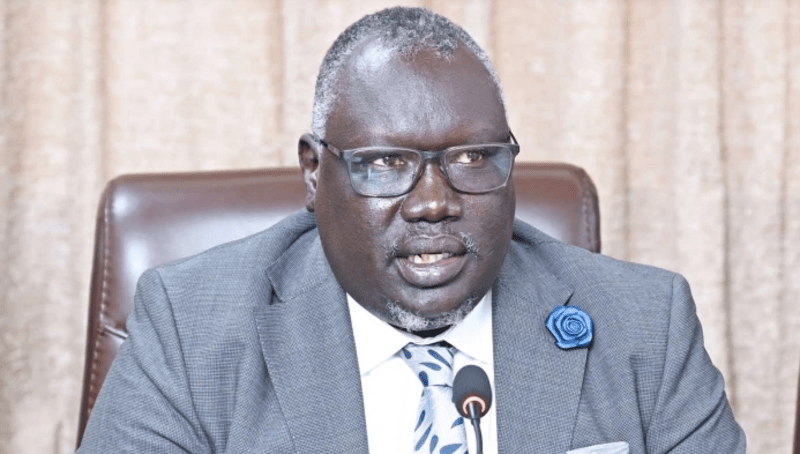Peace monitor endorses extension of South Sudan’s transitional period, elections delay
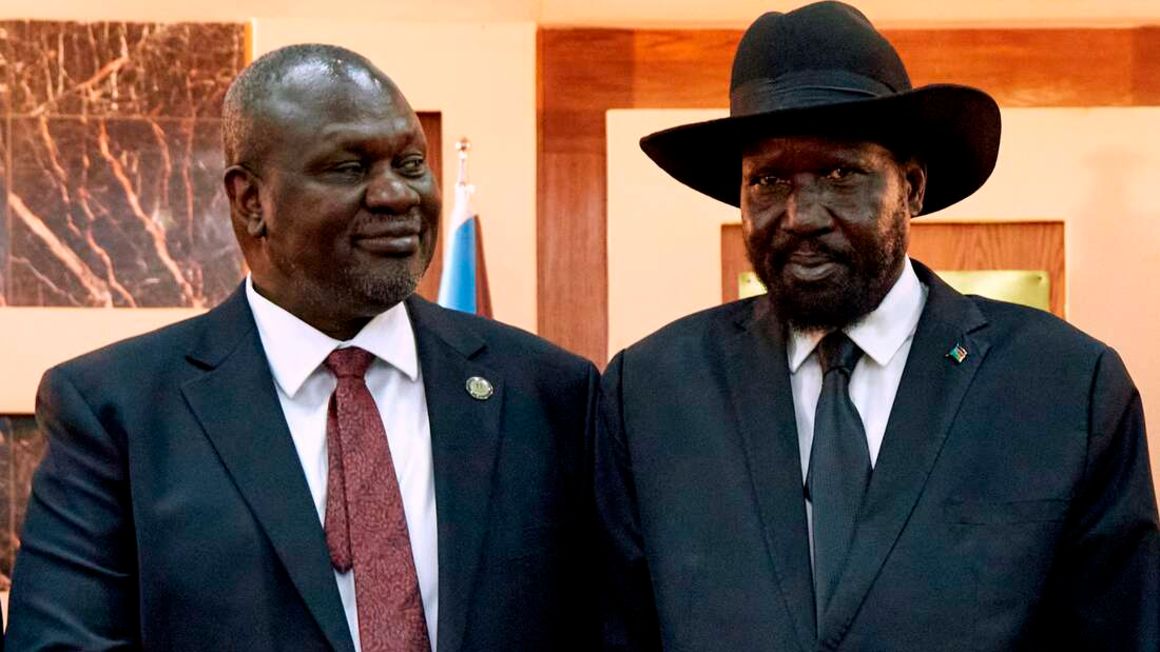
By Mwangi Maina |
This extension shifts the end of the transitional period from February 2025 to February 2027 and moves the scheduled elections from December 2024 to December 2026.
The Reconstituted Joint Monitoring and Evaluation Commission (R-JMEC) has officially approved a two-year extension of South Sudan’s transitional period, as previously agreed upon by President Salva Kiir Mayardit and First Vice President Riek Machar.
This extension shifts the end of the transitional period from February 2025 to February 2027 and moves the scheduled elections from December 2024 to December 2026.
Keep reading
The agreement was reached during a meeting between the two key signatories of the revitalised peace agreement at the presidency last Friday.
According to the terms of the 2018 revitalised peace agreement, any modifications to the deal must be ratified by the R-JMEC before being submitted to the transitional parliament for approval.
Following the announcement, R-JMEC had seven days to provide its decision.
In a vote held on Thursday in Juba, 35 members supported the extension, 7 opposed, and 4 abstained, including representatives from the United States, the United Kingdom, and Norway.
One member was absent from the session.
Kenyan peace monitor Maj. Gen. (Rtd) Charles Tai Gituai, Chairperson of the peace-monitoring body, confirmed that the vote reached the two-thirds majority required by the 2018 peace accord.
“In accordance with the powers vested in me as Chairperson of RJMEC, pass 1 to Article 2.1.3 and 2.1.4 of RJMEC Terms of Reference, 2018, Rule 4.3 and 4.2 of the RJMEC Rules of Procedure, 2018. I, Ambassador-General Charles Tai Gituai, Interim Chairperson of RJMEC, hereby declare the decision of RJMEC as 35 consented and 7 did not consent. So, the situation is that the members of RJMEC have consented to the extension,” Gituai said.
The decision to postpone the December 2024 elections has faced criticism from election observers.
Dr Sarah Bireete, Chairperson of the Global Network for Democratic Election Monitors (GNDEM), voiced concerns about the delay.
“This keeps the country in a permanent election mode. It’s not good for development, and it’s not good for the people,” Bireete said during an International Democracy Day event in Juba on Tuesday.
The South Sudanese presidency defended the postponement, citing financial constraints and the need for more time to complete essential processes.
These processes include conducting a population census, drafting a permanent constitution, and registering political parties, which the government deems crucial before holding the elections.
Reader comments
Follow Us and Stay Connected!
We'd love for you to join our community and stay updated with our latest stories and updates. Follow us on our social media channels and be part of the conversation!
Let's stay connected and keep the dialogue going!

